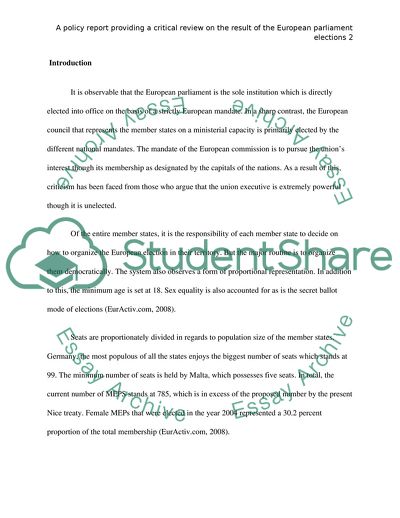Cite this document
(Analysis of the Result of the European Parliament Elections Term Paper, n.d.)
Analysis of the Result of the European Parliament Elections Term Paper. Retrieved from https://studentshare.org/politics/1731214-a-policy-report-providing-a-critical-review-on-the-result-of-the-european-parliament-elections
Analysis of the Result of the European Parliament Elections Term Paper. Retrieved from https://studentshare.org/politics/1731214-a-policy-report-providing-a-critical-review-on-the-result-of-the-european-parliament-elections
(Analysis of the Result of the European Parliament Elections Term Paper)
Analysis of the Result of the European Parliament Elections Term Paper. https://studentshare.org/politics/1731214-a-policy-report-providing-a-critical-review-on-the-result-of-the-european-parliament-elections.
Analysis of the Result of the European Parliament Elections Term Paper. https://studentshare.org/politics/1731214-a-policy-report-providing-a-critical-review-on-the-result-of-the-european-parliament-elections.
“Analysis of the Result of the European Parliament Elections Term Paper”, n.d. https://studentshare.org/politics/1731214-a-policy-report-providing-a-critical-review-on-the-result-of-the-european-parliament-elections.


